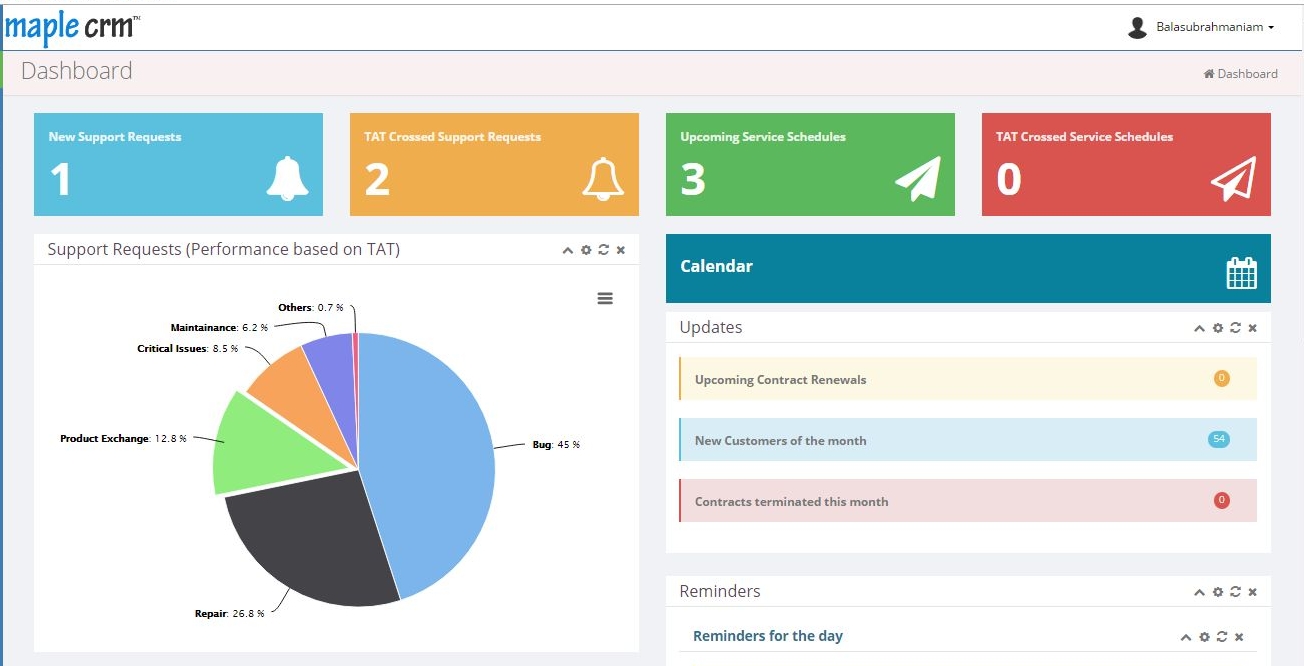Lack of Guidance
When implementing a CRM, there needs to be a mutually agreed upon goals in place. A CRM initiative without goals will collapse.
The business owner must start by crafting a valid business case for CRM before looking into CRM solutions. One can also assemble multiple teams to determine specific, measurable goals for the initiative. Areas to consider can include automating processes that will improve user productivity and boost customer satisfaction, streamlining marketing and sales processes, giving customer-facing employees access to a 360-degree view of customer details, etc.
Integration Concerns
There are no applications which can solve all integration problems. Most customers expect integration to happen like plugging a light fixture into a socket and flipping a switch, when in fact it is an evolutionary process. With an integrated system there are always inconsistencies between the separate applications. It is always advisable to consider what is important or the need of the hour than planning to merge and include everything that can possibly fit in.
No Long-Term Strategy
CRM is a business process change, often supported by technology. Many business leaders don’t align their business processes to meet specific goals. Factors like job roles and responsibilities, accountability, and incentives are required for CRM to succeed.
For a long-term business process change to be effective, have members of the CRM implementation team spend time in the field to determine how the CRM Software will help employees.
Dirty Data
An often-overlooked factor is dirty data, or inaccurate and old information. Data is the lifeblood of a CRM system, and incorrect numbers, spelling mistakes, and outdated contact information can infect the system if it is left unchecked. It has become uncommon to have 25 to 40 percent data duplication rates. There are two main reasons for this, either the Customer touch points have multiplied, or the speed at which people enter the data has increased. Dirty data can not only cost a lot to companies, but it can severely hinder CRM adoption rates.
Lack of Employee Acceptance
It is quite natural to resist change. Many of the sales people may ask, for example, Why should we be forced to change our working habits, when those very habits helped us become so successful? On the other hand, poorer performers may fear the outcome of their managers having a closer window into their bad habits. Failure to convince these and other employees of the benefits of CRM often results in passive resistance and low employee-adoption rates.
Effectively communicating the benefits of CRM to users should strengthen their confidence in and comfort levels with the new system.





